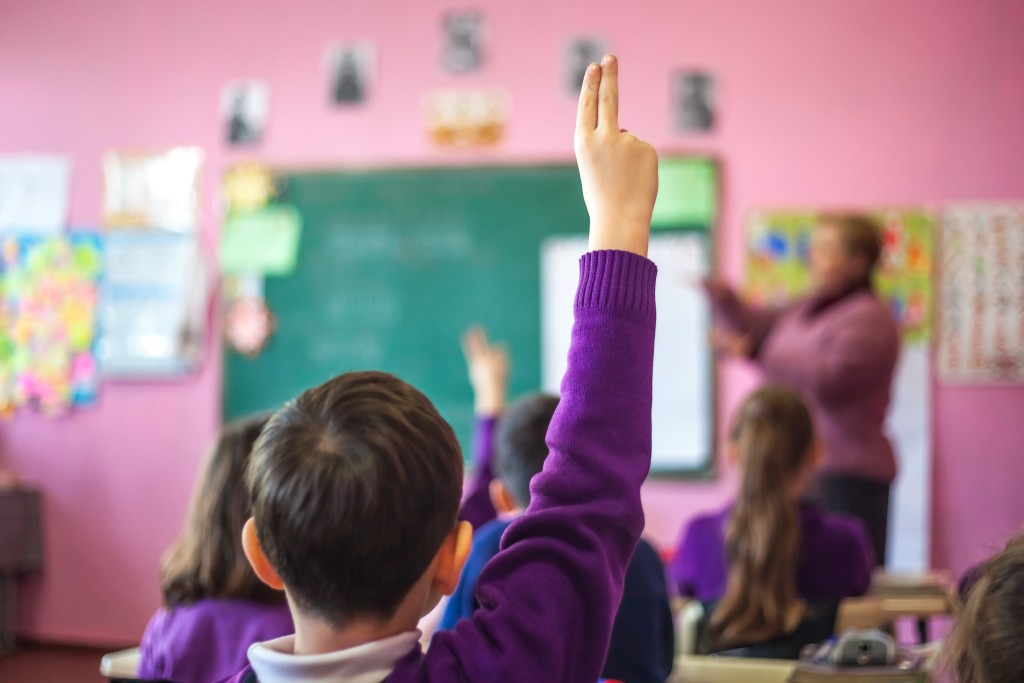 Editor’s note: This commentary from Michael J. Petrilli, president of the Thomas B. Fordham Institute and a research fellow at Stanford University’s Hoover Institution, appeared Thursday on the Fordham Institute’s website.
Editor’s note: This commentary from Michael J. Petrilli, president of the Thomas B. Fordham Institute and a research fellow at Stanford University’s Hoover Institution, appeared Thursday on the Fordham Institute’s website.
Let me state at the outset that universal education savings accounts are not my cup of tea. I don’t love handing over taxpayer money to rich people who don’t need it. Like my colleague Chester Finn, I’m skeptical that states will exert effective quality control over the schools and vendors that participate in such programs.
I suspect that “hybrid homeschooling” and the like will remain a niche sector in American education, given how much work it creates for us (already overworked) parents. And I doubt the lowball amounts states are spending on these available-for-everyone ESAs will be enough to create a robust supply of high-quality options in the disadvantaged communities that need them most (and which I worry most about).
In my dream world, we’d instead take the school choice movement’s mojo and focus it on expanding high quality charter schools, bringing religious charter schools into the mix, and creating enrichment savings accounts with new money to help low-income and working-class families access afterschool and weekend opportunities for their kids, including intensive tutoring (along the lines of this federally-funded Ohio initiative).
Yet I’m still rooting for the universal ESA programs that are sweeping the nation. And that’s because I believe the odds are good that these initiatives will lead traditional public schools to improve.
If that logic sounds off, it’s because the “public school argument” is usually made to oppose such programs. The worry—and this is nothing new—is that such policies will enable the most advantaged students with the most clued-in parents to escape public schools, taking their tax dollars with them and leaving a more disadvantaged population of students behind in schools with fewer resources (financial and otherwise) than ever.
All of us should take such concerns seriously. Education is not a simple commodity, like a widget traded in the free market. What makes it complex, first and foremost, is the importance of students’ peers. Scholars have long found that “peer effects” matter—that kids learn more when certain types of students are in their classrooms and others are not.
We all understand this intuitively, too. It’s why we worry about segregation, celebrate “mainstreaming” students with disabilities whenever possible, and debate endlessly about various forms of grouping and tracking in our schools.
To continue reading, click here.


